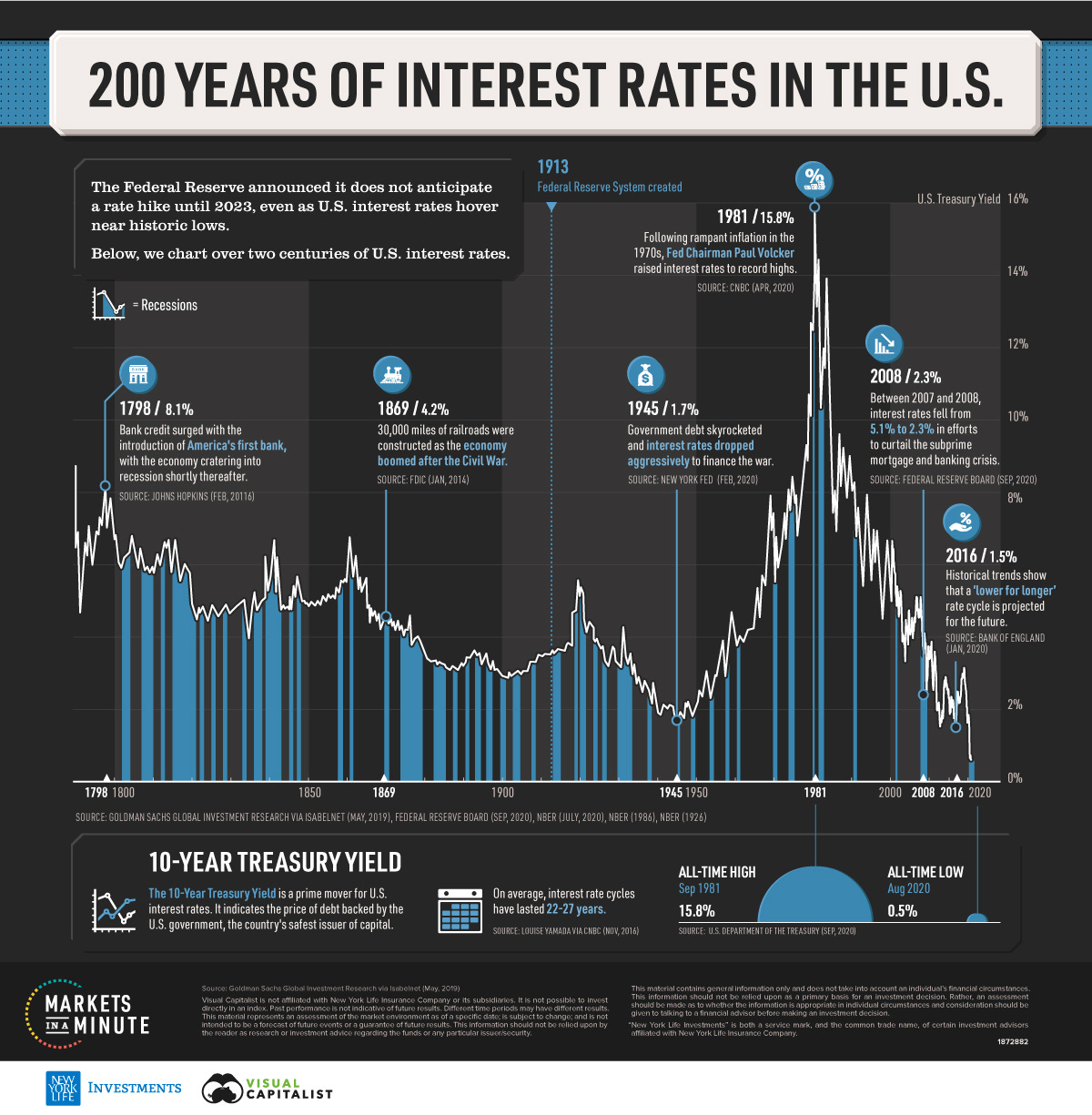
Alpha, Beta, and the Real Estate Game Few Talk About
When I was on Wall Street, we used to group the investing world into two buckets: “beta” and “alpha” strategies.
To summarize succinctly, beta is what the market gives you. So, if you invest in a broad-based U.S. stock market index fund, you’re signing up for beta. You aren’t doing anything special; you’re not creating additional value - you just get what the index gives you.
Which, historically, is pretty good.
Alpha, by contrast, is the return a manager generates above and beyond the index.
A lot of research on Wall Street pours into understanding how much of a manager’s return is due to beta versus alpha.
For instance, an “active manager” who charges fees and generates positive returns typically produces returns from both alpha and beta.
That makes intuitive sense. If the broad market goes up, then part of that manager’s return happens regardless of their skill. The real hunt is for what we call closet indexers. It's a bit of a loaded term - but the essence of it is that you don’t want to pay fees to someone who generates index-like returns. You’re not getting any alpha, so why pay?
In short, you’re willing to pay for alpha. But not if all you're getting is beta.
Why This Framework Isn’t Used in Real Estate
What’s strange is that this terminology and framework are extremely useful, but they’re rarely applied to real estate.
Let me break down why I think that is:
-
There isn’t a simple way to invest in a real estate index (except through REITs).
-
Real estate is a hyper-local game. Just picking a city is already an active bet.
-
Most real estate investments are idiosyncratic. They aren’t diversified, which means by nature, you’re not making a pure “market” bet. Every property is unique.
That said - I think there is a compelling argument that acquiring Class-A luxury buildings is the closest thing real estate has to accepting market beta.
You can look at this from two perspectives:
-
From a national perspective
-
From a local perspective
Most investors think locally. You're already taking a concentrated bet when you choose to invest in Austin versus Seattle or Miami versus New York City.
So the more relevant question is:
Are you investing in a beta play, an alpha play, or a beta + alpha play within your market?
Local Market Alpha vs. Beta
An active manager - of which every real estate sponsor qualifies - will naturally argue they have superior skills within their market. That skill is supposed to show up in the form of returns above the local market average.
So what does that mean?
-
Local market beta is what the region/market gives you. If you're in a “rising tide” market, rents may skyrocket just because of macroeconomic or demographic trends.
-
Alpha is what your sponsor does above and beyond those market effects.
And here’s the kicker: alpha cuts both ways.
If you invest in a city undergoing serious pain and everyone is losing money - but your sponsor loses less than the market? That’s still alpha. They outperformed their peers, even if the result wasn't great on paper.
That’s definitely worth something.
The Components of Real Estate Alpha Generation
Let’s break down where real estate sponsors can actually generate alpha.
1. Execution Capability
A huge component of alpha is execution - the sponsor’s ability to do what they said they would do. For example, if a value-add manager claims they’ll execute a plan to raise rents and they do it, that’s alpha.
This is also why people like to underwrite deals using non-trended rents. Trended rents are mostly market beta. But actually improving a property to command higher rents? That’s alpha.
Of course, not all business plans are worthwhile. If you spend $50,000 renovating a unit and only get $100/month more in rent, the math may not work. That’s $1,200 per year - at a 6 cap, that's only $20,000 in value creation. You just lost $30,000.
2. Purchase Price
Another key piece of alpha is negotiating a fantastic purchase price.
If buildings in your market trade at $200,000 per unit and you acquire something at $100,000 per unit, you’ve theoretically secured alpha - if you could turn around and sell at market price.
But that’s not always the case. Often, a property is “cheap” because there’s a problem.
The question is: why is it so cheap?
In my experience, it’s usually one of two things:
-
Groupthink: Nobody wants to buy a certain vintage or style of building. That can be an opportunity.
-
It’s a mess: Maybe it’s a drug den or has serious deferred maintenance.
So then the next question becomes: Can the manager actually turn it around?
Sometimes, the answer is yes. Combining operational skill with a value-added business plan can be a potent engine for returns.
3. Debt Terms
Your financing terms matter - a lot.
A deal acquired with short-term, risky bridge debt is fundamentally different from one with 50% loan-to-value long-term financing.
You take on far more risk with a bridge loan (as many of us have learned in 2025). So, if you're taking that risk, the excess return better be worth it.
On the flip side, lower leverage improves survivability, which is a key - yet underrated - part of long-term real estate success. It might not juice returns in the short term, but it helps you weather the storm.
So Why the Hate on Class A Luxury Buildings?
Let’s talk about Class-A buildings.
At face value, there’s nothing wrong with buying a brand-new building in a great location. Nothing at all.
But I would argue it most closely resembles market beta in the real estate world.
It’s the passive indexing equivalent - except with more risk. Why?
Let’s revisit the three levers of alpha:
-
Execution: There’s not much you can do to a new building to drive major rent growth. Maybe a little meat on the bone, but not much.
-
Purchase Price: Class-A buildings are usually heavily traded and highly desired. It’s hard to negotiate a wildly attractive price - though not impossible, especially when developers are under pressure.
-
Debt Terms: Lenders know, just like you do, that there’s not a ton of upside. That limits leverage.
There are some operational improvement opportunities:
-
Maybe there was an insurance loss, and you think premiums can be lowered after a clean claims history.
-
Maybe it’s a family-owned asset with a bloated payroll.
But these are thin plays, and everyone thinks they can operate better. In my experience, that’s rarely true.
So, while Class-A assets can make sense—especially in the right markets and on the right basis - you’re essentially betting on the market to carry the building.
And if your goal is to generate alpha, you need to know that you’re playing a beta-heavy game. And again - given the idiosyncratic nature of real estate - you are still taking an “alpha-esque” bet with any individual investment you make.
Final Thought
There’s nothing wrong with riding market beta - just know when you’re doing it.
If you’re paying active manager fees or expecting excess returns, you better be investing in a deal that actually has the levers for alpha.
One of the best ways to assess this is to look at what the manager is assuming for “market rent increases.” That’s probably the single strongest indicator, in my opinion.
If the deal is heavily reliant on rent growth, you’re investing in a beta vehicle.
And the point is - if you believe a market is going to rip, wouldn’t it be better to pair that bet with something with alpha-generation capability, too.
Bonus Commentary
After having let this article sit for a bit, I want to think about this more and add one other point. You can invest passively in real estate through REITs. This gives you geographic diversification and building diversification—essentially removing all of the idiosyncratic risks of direct investment.
In this equation, you lose some of the incredible tax benefits (which are dramatic) but you gain liquidity, which is huge.
But I’d argue that all investing needs to be judged by its performance versus an index (of some sort). The two available indices are either a broad market REIT or the NCREIF Property Index (NPI).
So, for the sponsors out there - I think it’s fair to assess the validity of your deal (or my deal) versus what can historically be achieved through an “index-like” approach. For LPs - the situation is frankly way more complicated because you can also invest in a lot of other things. But if you want real estate, the question should be how does your proposed investment in X property compare to what you could achieve (in real estate) with a public, liquid security.
Extra Super Dooper Note
I want to add another thought: after enough time, all deals became beta exposure deals. That’s an important point. You can only add so much value over time. At some point, you’re just raw-exposed to beta.
But even here, I think a critical point is important. Some managers are better than others at managing “existing” investments. Consider one example—residents tend to stay in their units. A proactive and driving manager will tend to increase rents and keep residents happy and in the building. Managers who care for their assets and the residents should experience marginally better than beta returns on their assets just by keeping residents in place at slightly higher than market rents over time.


